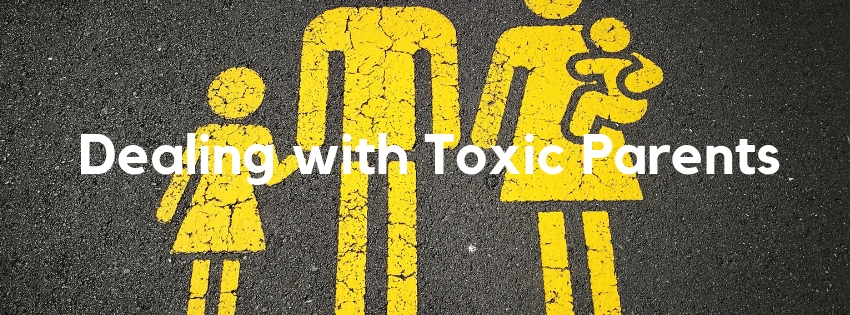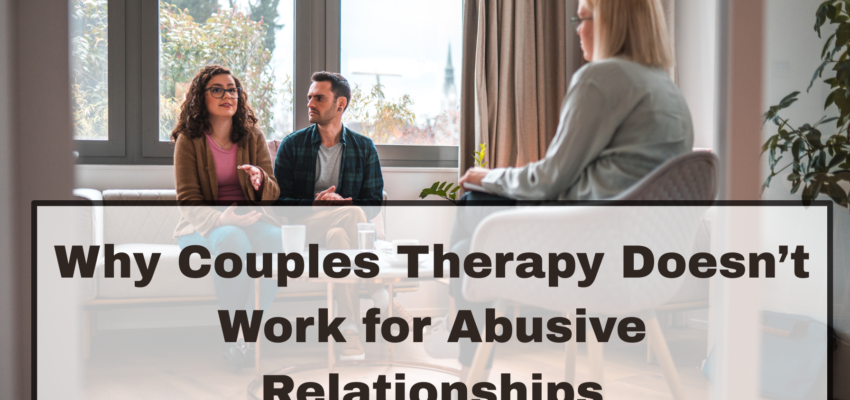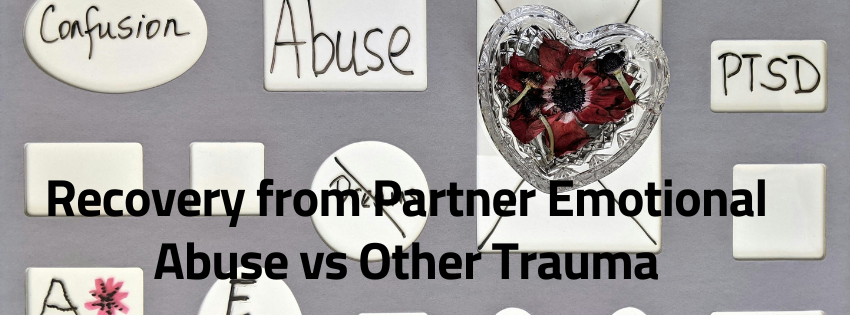As a psychologist working in the area of intimate partner violence, I have heard many…

How to Recognise and Deal with Difficult Family Dynamics
Many people grow up in families with less than ideal parenting. While abusive parental behaviour is relatively easy to identify, often the emotional damage may come from less obvious behaviours such as parental neglect, unrealistic or developmentally inappropriate expectations put on the child, parental shift of responsibility onto their child and parental overbearance. Below is a step-by-step approach of recognising and dealing with toxic parents.
Step 1 – Identify your beliefs about your parent(s)
In My Relationship with My Parents:
- It is up to me to make my parents happy and/or proud.
- If I told my parents the truth about (my divorce, my abortion, my being gay), it would kill them.If I stand up to my parents, I’ll lose them forever.
- If I tell them how much they hurt me, they’ll cut me out of their lives.
- I shouldn’t do or say anything that would hurt my parents’ feelings.
- There’s no point in talking to my parents because it wouldn’t do any good.
- If my parents would only change, I would feel better about myself.
- If I could just get them to see how much they’re hurting me, I know they’d be different.
All of these beliefs are self-defeating because they prevent you from being a separate and independent person, increase your dependency and rob you of power. For example, some of these beliefs put full responsibility on your shoulders for how your parents feel. When toxic parents feel bad, they often look for others to blame, and those others are usually their children. If you were made to believe that your parents’ feelings were your responsibility, you probably still believe that it’s within your power to “make” them—and often everyone else -happy. When you base the majority of your life decisions on how they will make others feel, you feel disempowered and robbed of free choice and will.
Step 2 – Recognise the most common feelings that you have around your parents
Self-defeating beliefs always lead to painful feelings. By examining your feelings, you can begin to understand both the beliefs that spawned them and the behaviours that result.
GUILT
- I feel guilty when I don’t live up to my parents’ expectations.
- I feel guilty when I do something that upsets them or go against their advice.
- I feel guilty when I argue with them.
- I feel guilty when I get angry with them.
- I feel guilty when I disappoint my parents or hurt their feelings.
- I feel guilty when I don’t do enough for them.
- I feel guilty when I say no to them.
FEAR
- I feel scared when they’re angry at me.
- I feel scared when I’m angry at them.
- I feel scared when I have to tell them something they may not want to hear.
- I feel scared when I try to stand up to them.
SADNESS
- I feel sad when I know I’ve let my parents down.
- I feel sad when I can’t make their lives better for them.
- I feel sad when I do something that I want to do and it hurts my parents.
- I feel sad when my parents don’t like my (partner, job, friends).
ANGER
- I feel angry when my parents criticise me.
- I feel angry when they tell me how to live my life.
- I feel angry when they tell me how I should think, feel, or behave.
- I feel angry when they tell me what I should or shouldn’t do.
- I feel angry when they make demands on me.
- I feel angry when they expect me to take care of them.
Step 3 – Connect your Belief and Feelings
Put a “because” after each of the feelings that applies to you, and follow the “because” with a belief from your first list. This can help you make a lot more sense out of some of your reactions. For example:
I feel guilty when I do something that upsets them because I shouldn’t do or say anything that will hurt my parents’ feelings
I feel sad when I know I’ve let my parents down because it’s up to me to make my parents happy
I feel scared when I’m angry with them because if I stand up to my parents, I’ll lose them forever.
Step 4 – Identify how you act towards/around your parents
Beliefs lead to rules, feelings make you obey them, and that’s what leads to behaviour. If you want to change your behaviour, you’ve got to work all the way back through the equation, changing your beliefs and feelings in order to change your behaviour. Below is a short list of possible behaviours.
Compliant Behaviours:
- I often give in to my parents no matter how I feel.
- I often don’t tell them what I really think.
- I often don’t tell them how I really feel.
- I often act as if everything is fine between us even when it isn’t.
- I am often phony and superficial when I’m with my parents.
- I often do things in relation to my parents out of guilt or fear rather than out of free choice.
- I try very hard to get them to see and understand my point of view.
- I often become the peacemaker in any conflict with them.
- I often make very painful sacrifices in my own life in order to please them.
- I continue to be the bearer of the family secrets.
Aggressive Behaviours:
- I am constantly arguing with my parents to show them that I’m right.
- I constantly do things that I know they don’t like to show them that I’m my own person.
- I scream or act out towards my parents to show them they can’t control me.
- I blew my stack and cut my parents out of my life.
Step 5 – Work to achieve self-definition
Emotional independence doesn’t mean that you have to cut yourself of from your parents. It means that you can be part of the family while at the same time being a separate individual. It means you can be who you are and let your parents be who they are. When you feel free to have your own beliefs, feelings, and behaviours, apart from those of your parents (or others), you are “self-defined.” If your parents don’t like what you do or think, inevitably you will have to tolerate some discomfort. And you’ll have to tolerate their discomfort with you when you don’t rush in to change yourself for them.
A word about selfishness
Many people don’t stand up for themselves because they confuse self-definition with selfishness. The word selfish pushes all of our guilt buttons yet our definition of it is often totally misguided. Selfishness is putting your needs above everyone else’s to their detriment, whereas self-definition is about taking responsibility for your own needs and meeting them in reasonable and self-fulfilling ways.
Respond rather than react
When we react, we usually act without thinking, without listening, and without exploring our options. People are usually the most reactive when they feel emotionally threatened or assaulted. This reactiveness can take place in a relationship with anyone in our lives—a partner, a boss, a child, or a friend—but it is almost always the most intense with our parents.
The opposite of being reactive is being responsive. When you’re being responsive, you are thinking as well as feeling. You’re aware of your feelings but you don’t let them drive you to act impulsively. Responsiveness allows you to maintain your sense of self-worth, despite anything your parents might say about you. Examples of non-defensive responses that you can try using in your daily interactions:
Oh, I see.
That’s interesting.
You’re certainly entitled to your opinion.
I’m sorry you don’t approve.
Let me think about that.
Why don’t we talk about this when you’re not so upset.
I’m sorry you’re hurt (upset, disappointed).
Define clearly what you are responsible for (and what you are not)
Until you honestly and realistically assess who owns responsibility for what, you will almost certainly go through your life shouldering the bigger blame yourself. And as long as you’re blaming yourself, you’ll suffer shame and self-dislike, and you’ll find ways to punish yourself. You must let go of the responsibility for the painful events of your childhood and put it where it belongs.
Recommended further reading: Toxic Parents by Susan Forward


